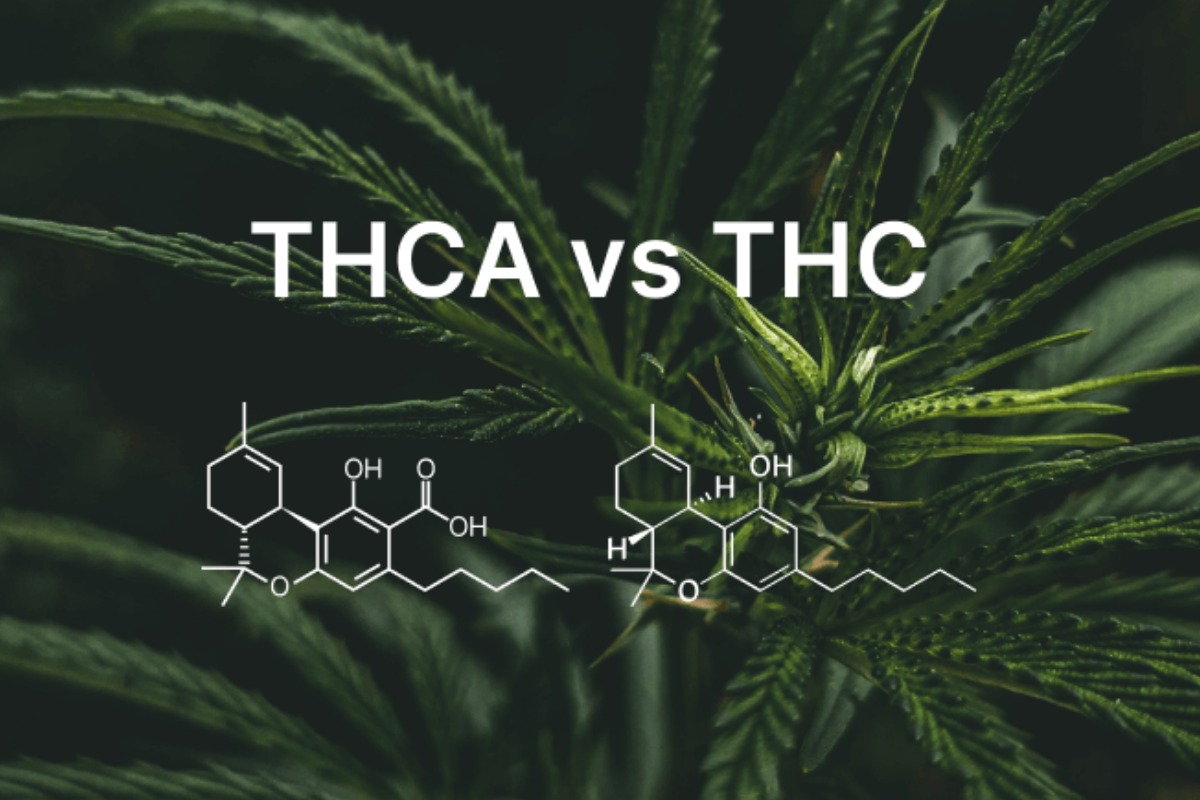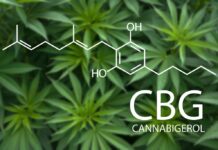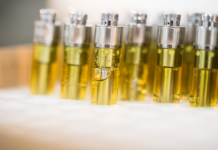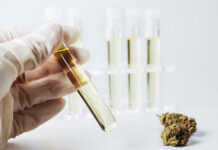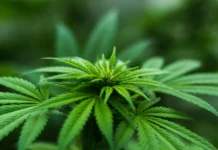Within the U.S., THCA continues to draw considerable attention in cannabis communities and smoke shops, sparking discussions and curiosity. Its appeal lies in its distinct characteristics and legal framework.
Unlike the conventional method of distillate application to flowers, THCA stands apart. Through genetic engineering, farmers have cultivated a hemp strain abundant in THCA, legally accessible across the nation. Interestingly, upon heating, this hemp flower transforms THCA into THC, remaining compliant with legal regulations nationwide.
Understanding THCA
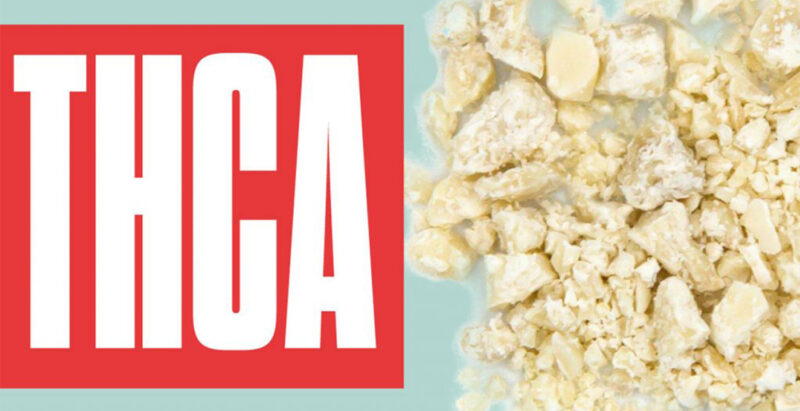
Tetrahydrocannabinolic acid, or THCA, represents the initial compound in the sequence of cannabinoid synthesis within the cannabis plant. As the plant progresses through growth stages, the buds undergo development, harboring terpenes and an array of cannabinoids, beginning with CBGA, recognized as the foundational cannabinoid. This CBGA eventually transitions into primary cannabinoids like THCA and CBDA.
In its natural state, THCA lacks the capacity to induce intoxicating effects. This unique attribute arises from its molecular configuration, encompassing an additional carboxyl ring that impedes its interaction with brain receptors responsible for instigating a psychoactive high.
The paramount role of THCA lies in its function as the precursor to THC, a cannabinoid lauded for its diverse health benefits. THCA’s presence within cannabis buds or flowers is predominantly observed in the pistils and trichomes, particularly as the plant nears its harvest, notably evident in controlled indoor cultivation.
Therefore confusion often arises in the industry regarding its distinction from THC, especially when subjected to heat, such as through smoking, vaping, or dabbing, leading THCA to convert into THC, a highly favored psychoactive cannabinoid within the cannabis community.
THCA: Exploring Its Potential Benefits
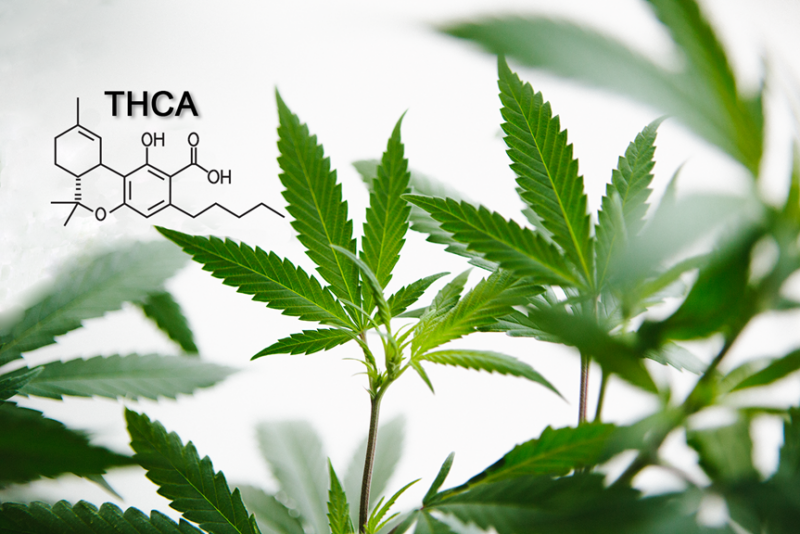
THCA, known as tetrahydrocannabinolic acid, emerges as a non-psychoactive precursor to THC found in cannabis, displaying promising potential in various realms of health. Current research suggests its potential neuroprotective properties, indicating a possible role in slowing or halting the progression of neurodegenerative conditions like Huntington’s disease.
THCA exhibits potential in addressing gastrointestinal issues such as colitis and Irritable Bowel Syndrome (IBS), potentially mitigating the associated symptoms.
THCA, despite lacking the psychoactive effects attributed to THC, is linked to numerous reported health benefits:
- THCA may function as a pain reliever, especially for chronic pain conditions.
- THCA has shown potential in alleviating muscle spasms, particularly beneficial for conditions like multiple sclerosis.
- Research hints at THCA’s ability to protect against neurodegenerative conditions such as Parkinson’s and Alzheimer’s.
- THCA could potentially alleviate nausea and vomiting, benefiting individuals undergoing chemotherapy or treatments causing these symptoms.
- Preliminary studies suggest THCA’s potential in combating the growth of cancer cells, although further exploration in this area is essential.
- THCA’s anti-inflammatory effects might offer relief for conditions like arthritis and lupus by reducing inflammation.
- Studies suggest that THCA may hinder the proliferation of cancer cells.
Psychoactive Effects of THCA
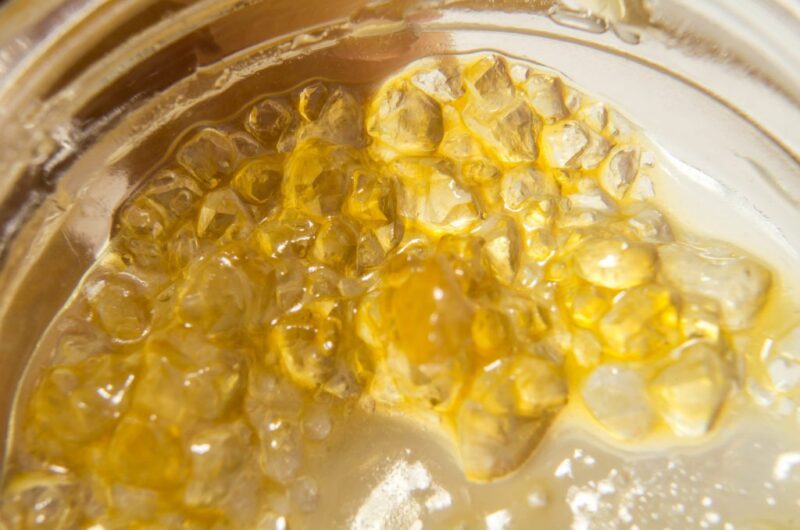
In its natural form, THCA doesn’t produce intoxicating effects. This distinctive quality is due to its molecular structure, which includes an extra carboxyl ring that prevents it from interacting with brain receptors responsible for inducing psychoactive effects.
Comparing THCA with Other Cannabinoids
| Cannabinoid | Psychoactive | Primary Effects | Legality | Common Uses |
| THCA | No | Non-intoxicating, Potential anti-inflammatory | Varies by region, often legal | Medical applications, anti-inflammatory |
| Delta-8 | Yes | Milder psychoactive effects, relaxation | Varies by region, often in a legal grey area | Recreational, mild relaxation, medical |
| HHC | Yes | Similar to Delta-9, less potent | Varies by region, legal status unclear | Recreational, medical |
| THCP | Yes | Stronger than Delta-9, potent psychoactive effects | Varies by region, often in a legal grey area | Recreational, potent effects |
| Delta-10 | Yes | Milder than Delta-9, focus and creativity | Varies by region, often in a legal grey area | Recreational, creativity and focus |
| Delta-9 | Yes | Psychoactive, euphoria | Varies by region, often illegal | Recreational, medical, euphoric effects |
Comparison between THC and THCA
The fundamental difference between THCA and THC lies in their psychoactive properties; THCA lacks the intoxicating effects commonly associated with THC. Heat application is required to convert THCA into THC, accomplished through methods like smoking, vaping, dabbing, or cooking for edibles. This transformational process alters THCA’s molecular structure by eliminating a carboxyl ring, enabling THC to bind to CB1 receptors in the body.
In terms of their effects, THCA and THC share some similarities. Both demonstrate effectiveness in mitigating nausea, with THCA showing particular promise in reducing inflammation. However, due to its non-intoxicating nature, THCA may have reduced efficacy compared to THC in promoting sleep. Conversely, while THC is typically not recommended for seizure disorders, THCA has shown potential in addressing such conditions.
Locating THCA Products
THCA-infused products are widely available in local smoke shops, but it’s vital to approach them cautiously, ensuring their quality through third-party certifications. After thorough online research and assessing various brands, Diamond CBD emerged as a notable option. This brand offers a wide selection of products, including THCA flower and a diverse range of other cannabinoids.
THCA & Its Implications in Drug Tests
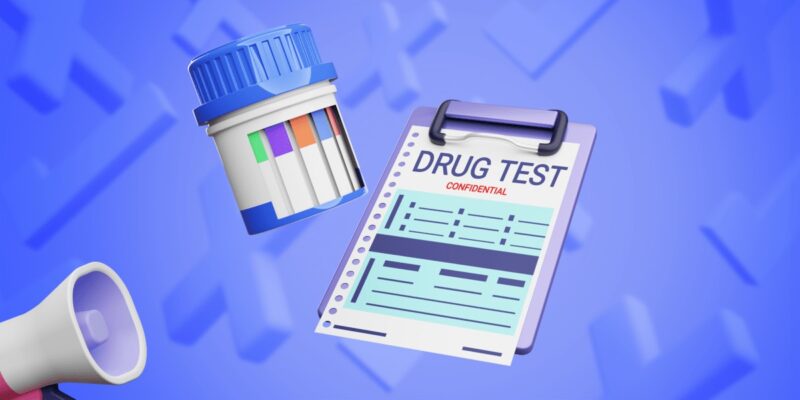
Studies indicate that THCA may potentially be detected in drug screenings. Despite lacking psychoactive properties and serving as a precursor to THC, standard drug tests typically cannot differentiate between various THC forms. These screenings are designed to identify the presence of THC or its metabolites, like THC-COOH, in the body.
Concluding Perspectives on THCA
THCA has gained considerable attention within the United States, particularly within cannabis communities. Differing from THC, THCA lacks psychoactive effects and doesn’t induce a high. Naturally occurring in raw cannabis, THCA transforms into THC when exposed to heat, such as during smoking or baking.
Noteworthy for its potential health benefits like anti-inflammatory and neuroprotective properties, THCA shows promise in alleviating conditions like nausea and muscle spasms. However, despite its non-intoxicating nature, THCA’s conversion to THC might trigger positive results on drug tests. It’s advisable to ensure the quality of THCA products sold in smoke shops by verifying them through third-party testing.

